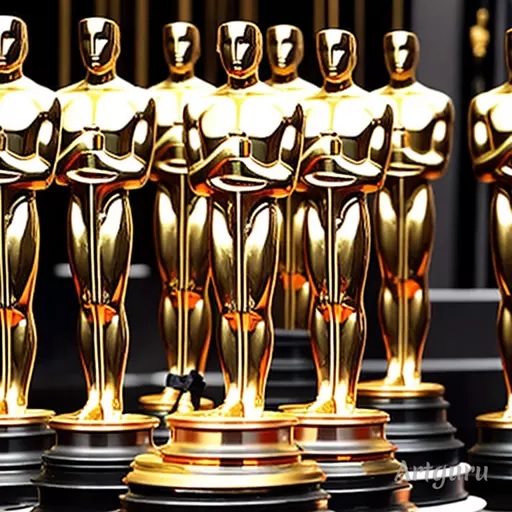It’s Time To End Controversial Award Ceremonies – The Oscars
Introduction
The Oscars, once heralded as the epitome of cinematic achievement, have come under increasing scrutiny and criticism in recent years. From lack of diversity to allegations of vote rigging, the prestigious award ceremony has been marred by controversy after controversy. It’s time to delve into why the Oscars have lost their luster and whether they should continue in their current form.
The Rise and Fall of the Oscars
Glorious Beginnings
The Oscars, officially known as the Academy Awards, were established in 1929 by the Academy of Motion Picture Arts and Sciences. Initially, the awards aimed to honor excellence in cinematic achievements, celebrating the finest actors, directors, and films of the year.
Decline of Relevance
Over the years, however, the Oscars have faced criticism for their lack of diversity and failure to adequately represent the diverse tapestry of cinematic talent. Despite efforts to address these issues, controversies continue to plague the awards, leading many to question their relevance in today’s ever-changing cultural landscape.
Lack of Diversity and Representation
#OscarsSoWhite
One of the most significant criticisms leveled against the Oscars is their lack of diversity. In recent years, the hashtag #OscarsSoWhite has gained traction on social media, highlighting the underrepresentation of people of color in nominations and wins. Despite the Academy’s attempts to diversify its membership, progress has been slow, and systemic biases persist.
Gender Disparity
Similarly, gender disparity remains a pressing issue within the Oscars. Female directors, writers, and producers are often overlooked in favor of their male counterparts, perpetuating an industry-wide imbalance that stifles creativity and innovation.
Allegations of Corruption and Vote Rigging
Behind Closed Doors
In addition to issues of diversity, the Oscars have faced allegations of corruption and vote rigging. Reports of backroom deals and industry politics have raised questions about the integrity of the award selection process, casting doubt on the legitimacy of winners and nominees.
Lack of Transparency
Critics argue that the Oscars lack transparency in their voting procedures, making it difficult to ascertain the fairness of the outcomes. Without clear guidelines and accountability measures in place, suspicions of favoritism and manipulation persist, undermining the credibility of the awards.
The Need for Reform
A Call for Change
In light of these controversies, many within the film industry have called for sweeping reforms to the Oscars. From overhauling the voting system to implementing quotas for diversity and inclusion, there is a growing consensus that substantive changes are needed to restore the integrity and relevance of the awards.
Embracing Diversity
Central to any reform effort is the need to embrace diversity and representation fully. This entails not only diversifying the pool of nominees and winners but also addressing systemic barriers that limit opportunities for underrepresented groups.
Conclusion
As the film industry grapples with issues of diversity, representation, and integrity, the future of the Oscars hangs in the balance. While the awards have undoubtedly played a significant role in shaping cinematic history, their continued relevance hinges on their ability to adapt and evolve with the times. It’s time to end controversial award ceremonies like the Oscars and pave the way for a more inclusive and equitable future in filmmaking.



